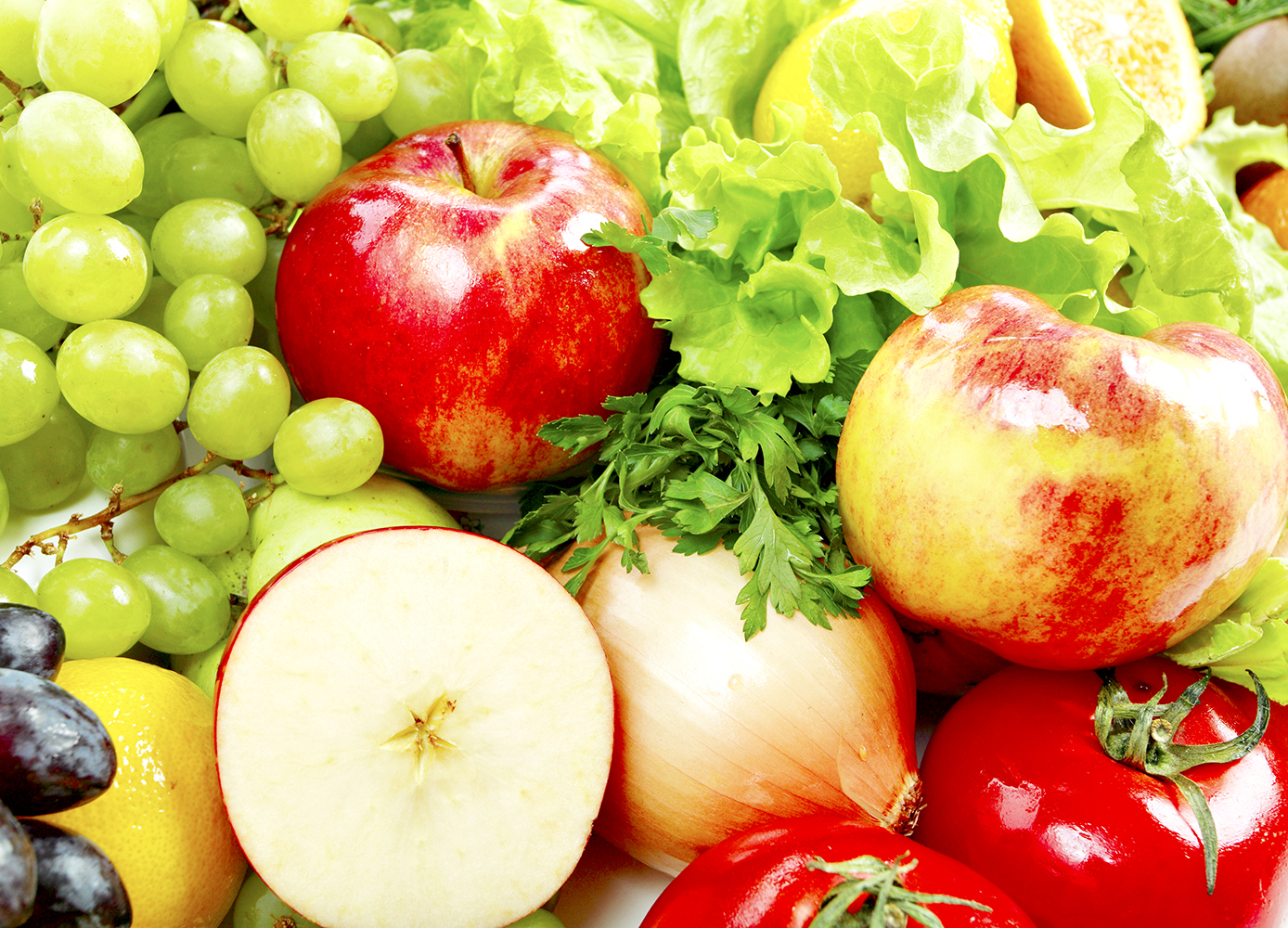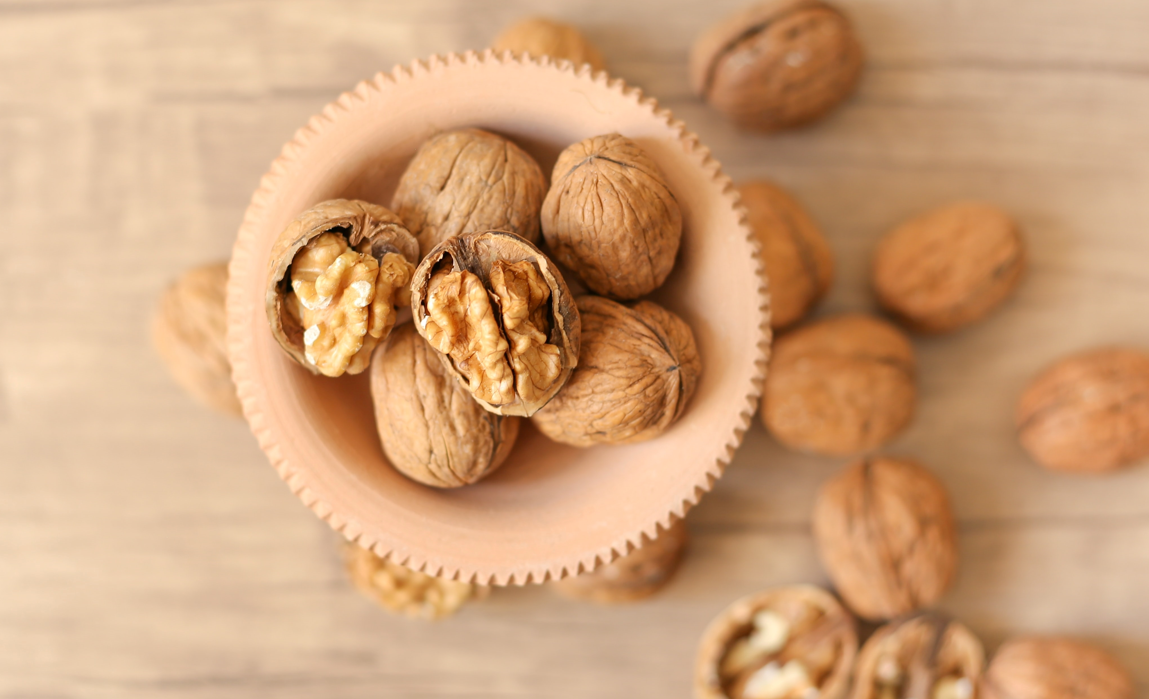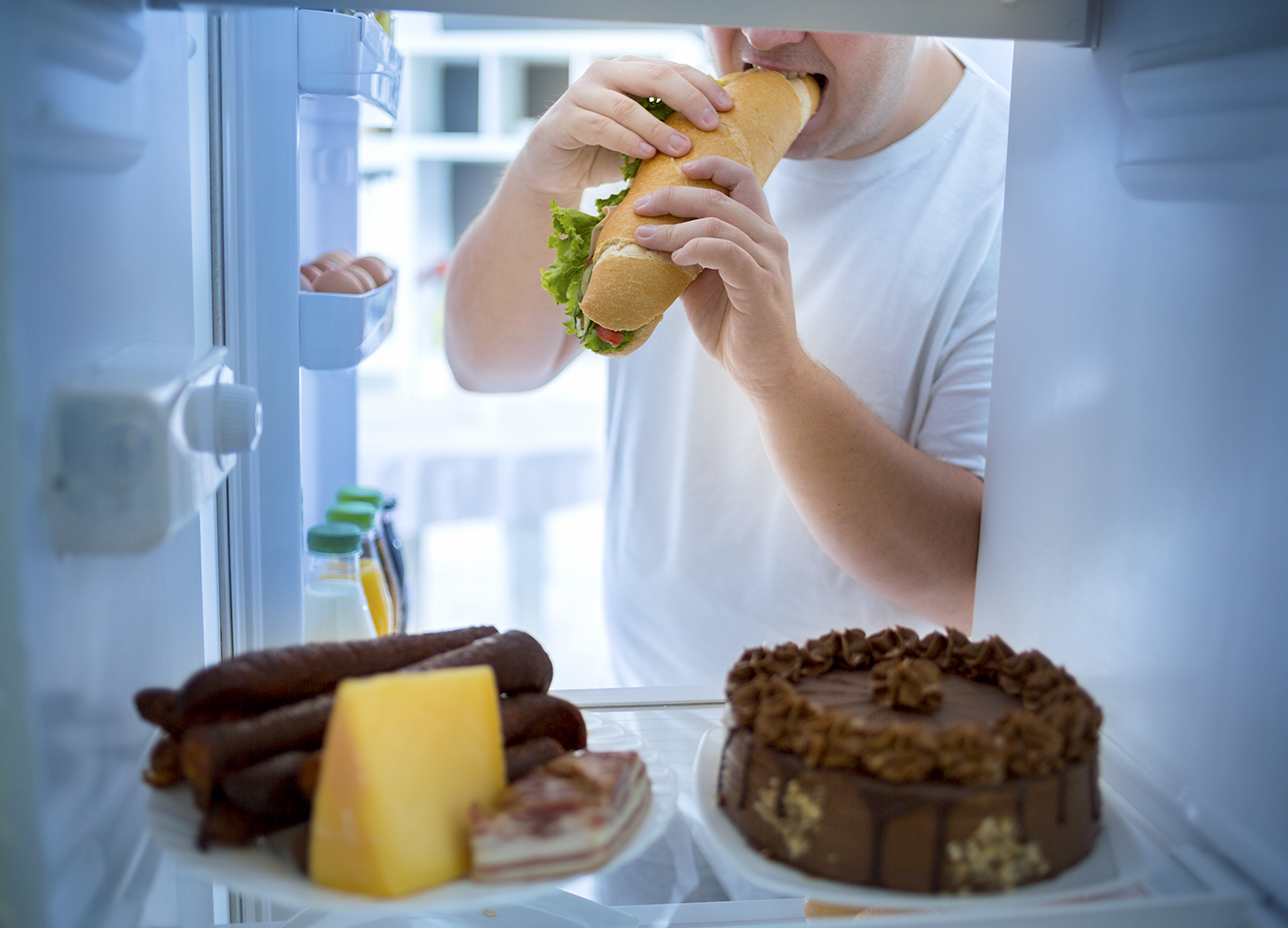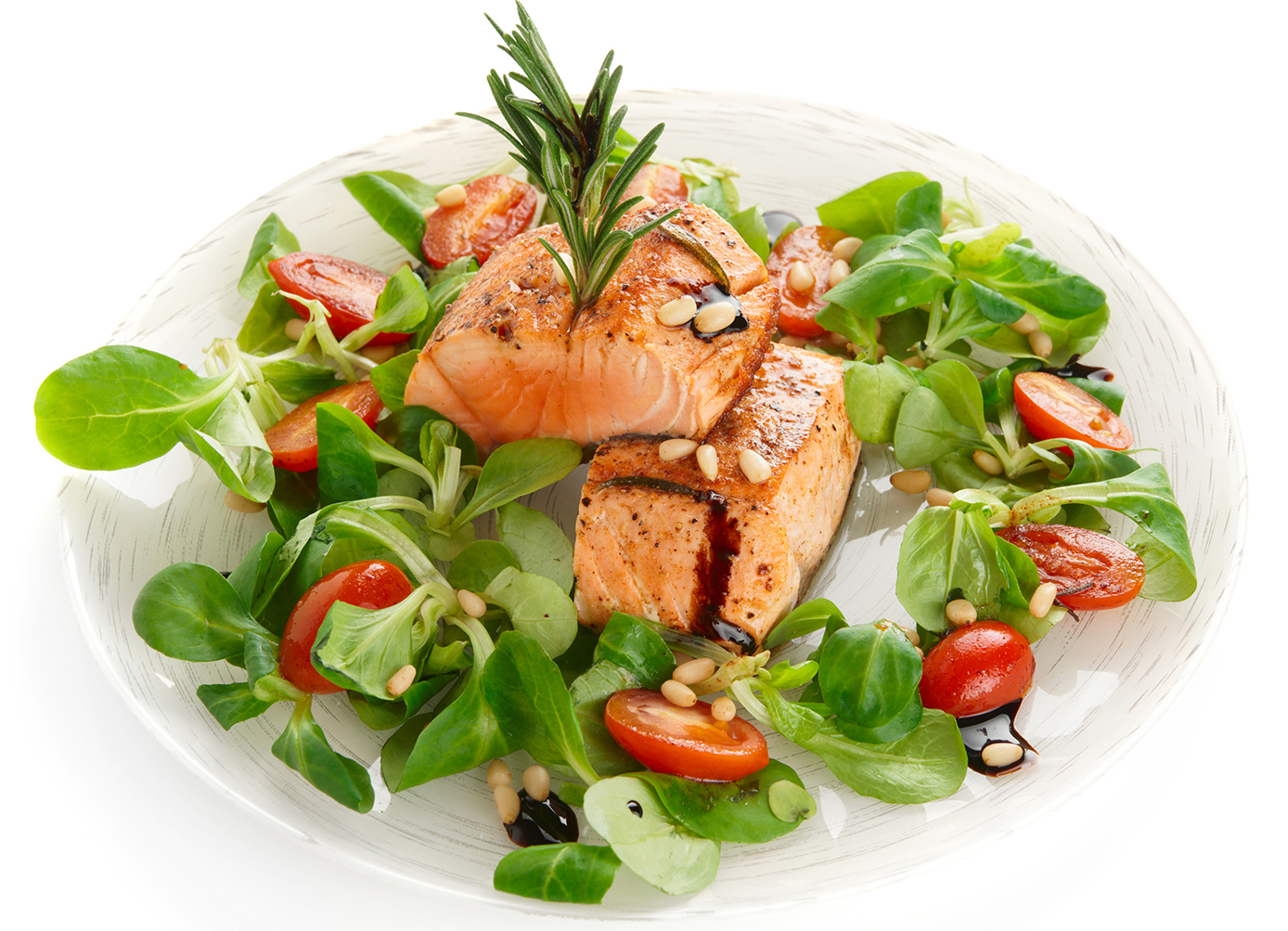Here are some of the top tips for making the most of your meal money
By Matt Smith
Being on a budget doesn’t mean that you can’t eat your fill of tasty, nutritious food. With a bit of planning, you and your family can enjoy fresh home-cooked meals with real ingredients—and for less than resorting to prepackaged meals and takeout. Here are some tips to help you make the most of your grocery budget every week.
Planning
– Take time to plan out your weekly meals, including breakfasts, lunches, and snacks.
– Check through the weekly fliers highlighting the sales at your local supermarkets.
– Plan today’s or tomorrow’s meals according to what’s already in your fridge. Use up what you have so that it doesn’t get forgotten and wasted.
– Try to plan at least one meatless meal a week—beans and other proteins are much cheaper than meat.
At the Store
– Stick to the shopping list you made at home. Don’t buy on impulse.
– Use your phone’s calculator to keep a running total of your bill, making sure you’re within budget.
– Don’t shop when hungry, and stay away from the central aisles of the store to avoid being tempted by convenience and junk foods.
– Check the “price per gram” label on the shelf tag to accurately compare prices.
– Buy whole grains and dried foods in bulk.
– Choose healthy snacks such as fruits, nuts, and yogourt instead of packaged junk food.
– Don’t see only what’s directly in front of you—often the most expensive foods are at eye level, so scan the shelves for better deals.
– Consider the store or generic brand, as the products will often be indistinguishable from their name-brand equivalents.
– Try to stick with in-season produce, and pay visits to your local farmers’ market if you can.
– Buy fresh veggies and meat in bulk and use your freezer.
Back at Home
– Schedule one day a week for meal preparation; make a big batch of something so that you’ll have leftovers, and pack lunches and snacks for the coming days.
– Add ingredients to stretch meals, such as beans and rice to stews and chilis, and frozen veggies to pasta or rice dishes.
– Make sure that you’re using your fridge properly; keep vegetables and dairy stored in the proper drawers, and ensure that the temperature is correct to avoid wasting food.
– Store compost such as bones and the ends of vegetables in a freezer bag to use to make a base for soups and stews.
– In addition to freezing, canning and dehydrating are great ways of preserving fresh produce if you have the time.
Photo: Dreamstime/Andrey Kiselev.






